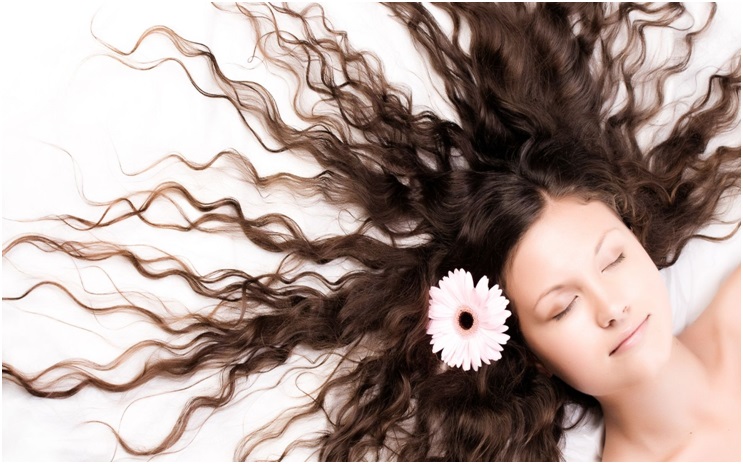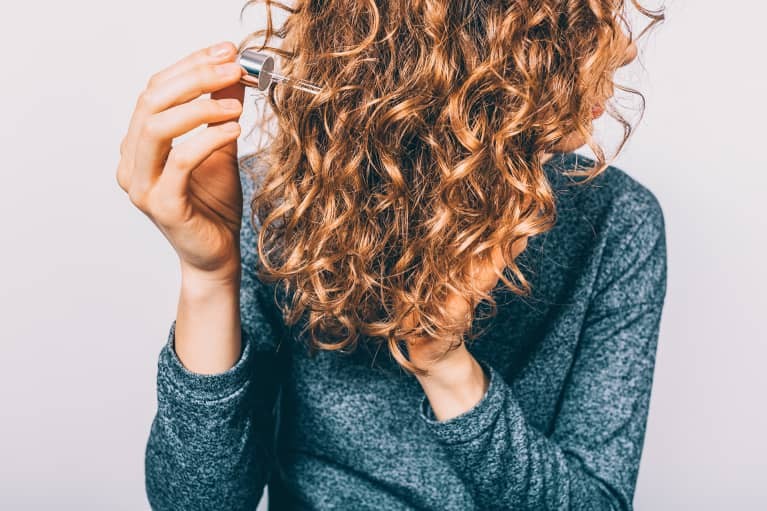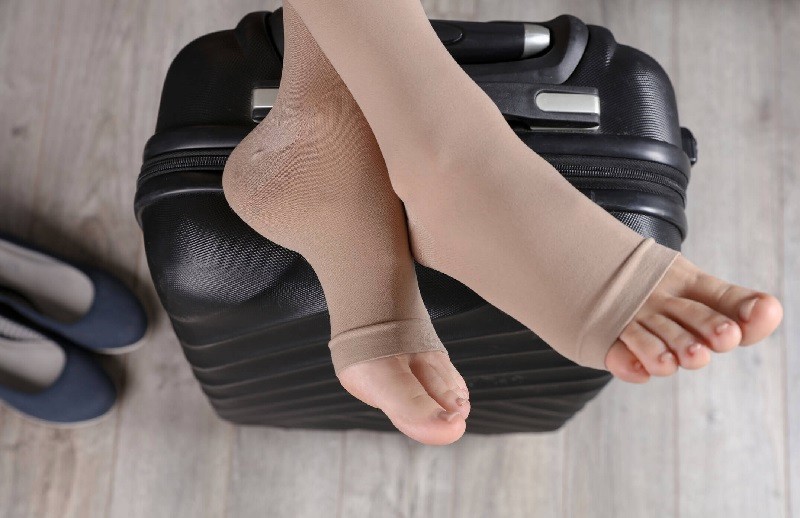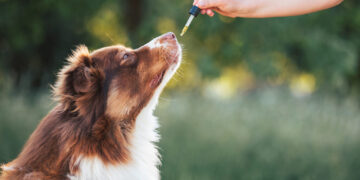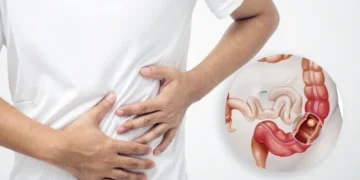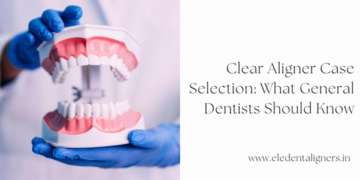Is Oily Scalp Hair Loss in Men a Hormonal or Hygiene Issue?
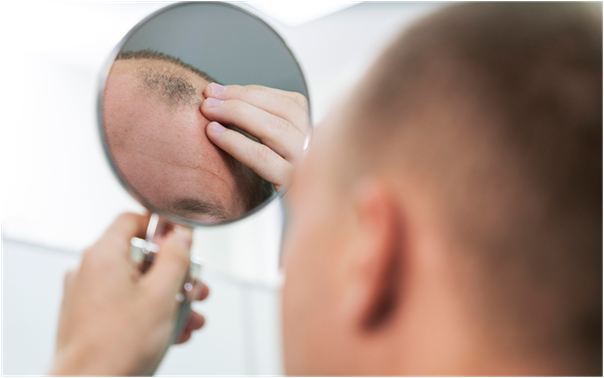
Hair loss is a common concern among men, and one of the often-overlooked contributors is an excessively oily scalp. The condition can leave many wondering whether the cause lies in internal factors, such as hormones, or external influences, such as hygiene and grooming routines. Understanding the distinction is critical since treatment approaches differ depending on the underlying trigger
Hormonal Factors Behind Oily Scalp Hair Loss in Men
One of the leading causes of oily scalp hair loss in men is hormonal activity. Male hormones, particularly dihydrotestosterone (DHT), stimulate sebaceous glands to produce more sebum. While sebum is necessary to protect and moisturise the scalp, excessive secretion can clog follicles and disrupt normal hair growth. This build-up weakens the environment where hair roots develop, eventually leading to thinning.
Hormonal influence also explains why some men experience hair loss regardless of how often they wash their hair. Even with good hygiene, the overproduction of oil linked to hormones may persist. This instance means the issue is less about cleanliness and more about biological predisposition. Treatments targeting scalp balance, including medicated shampoos or dermatological interventions, often prove more effective in such cases than simply washing hair more frequently.
Hygiene Missteps That Worsen Scalp Conditions
On the other hand, poor hygiene can aggravate an already oily scalp. Infrequent washing allows oil, dirt, and dead skin to accumulate, creating the right conditions for scalp irritation and fungal overgrowth. These irritants may accelerate hair shedding by weakening follicles and disrupting healthy scalp function.
However, over-washing is equally problematic. Stripping the scalp too aggressively with harsh shampoos can trigger rebound oil production, where sebaceous glands attempt to compensate by producing even more oil. This cycle, in men prone to oily scalp hair loss, creates a constant struggle between dryness and excess sebum. It is similar to the challenges faced in dry scalp treatment, where the wrong choice of product or frequency of washing leads to further imbalance rather than resolution.
The Overlap of Hormones and Hygiene
The reality is that oily scalp hair loss in men rarely stems from one factor alone. Hormones and hygiene interact in complex ways. A man with a genetic predisposition to DHT sensitivity may experience accelerated hair thinning if hygiene routines are not carefully managed. Conversely, a man without significant hormonal issues may still face scalp damage if hygiene practices are poor or inconsistent.
Understanding this overlap highlights the importance of adopting a balanced approach. Men dealing with scalp concerns should not assume that either hormone treatments or increased washing will solve the problem in isolation. Instead, professional assessment is often necessary to identify the primary driver and to prescribe solutions that address both internal and external influences.
Practical Steps to Manage Oily Scalp Hair Loss in Men
The first step is to identify whether the condition leans more towards hormonal imbalance or poor hygiene. Dermatological consultation can provide clarity through scalp analysis and, if necessary, hormone testing. Treatments for men whose oily scalp is driven by hormonal factors may include topical agents that regulate sebum or medications that reduce DHT activity.
From a hygiene perspective, the use of balanced shampoos designed to cleanse without over-drying is critical. Incorporating scalp exfoliation on a periodic basis can help remove sebum build-up without damaging follicles. Lifestyle factors, such as diet and stress management, also play a role in reducing excess oil secretion and maintaining healthier hair growth.
Conclusion
Oily scalp hair loss in men is not simply a question of being clean or unclean, nor is it entirely dictated by hormones. Both elements play significant roles and often compound one another. Men can pursue targeted strategies that preserve scalp health and slow down hair loss by recognising the difference between biological predisposition and avoidable hygiene errors. Professional advice remains essential for determining the most effective approach, ensuring that treatment efforts address the right cause without causing further imbalance.
Visit Bee Choo Origin and let us help you create the foundation of healthier hair growth.

